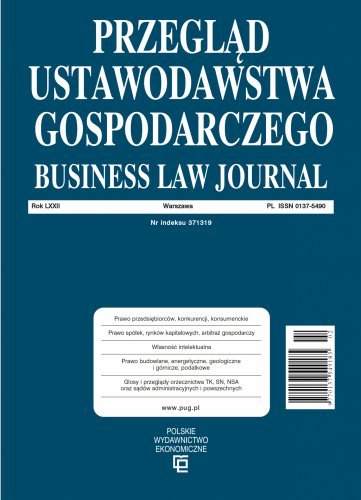Correct use of the designation "Made in" by entrepreneurs on the EU market is a highly relative issue. The lack of a clear, unambiguous and binding legal regulation for determining the origin, including that applicable to all types of products, forces the use of many criteria for this purpose. The general normative criterion is narrowly defined because it refers to the affiliation of a product to a given tariff heading in terms of customs duties. It will therefore often need to be adjusted. Technical and economic criteria are used for this. They are mainly considered from the point of view of the added value of the product. Sometimes, however, the conditions relating to the fixing of the so-called ex-works price, and additionally — or alternatively — to the course of the manufacturing process or the structure or characteristics of the product, may also be relevant. Moreover, it is necessary to confront the effect of the application of these criteria with the consumer prohibition of misleading. However, it should be taken into account that in some cases such a prohibition is to be repealed by expressly basing the designation of origin on individual production aspects. One should also be aware that such a legal situation is conducive to the occurrence of acts of unfair competition in terms of marking the origin. Finally, which is also demonstrated by this analysis, entrepreneurs may encounter difficulties in the discussed issue also due to the existence at the national level, in the scope of a certain category of products, of specific provisions regarding the indication of their native origin.
Keywords: product; designation; origin; substantial working or processing; tariff heading; added value; misleading representation; consumer

